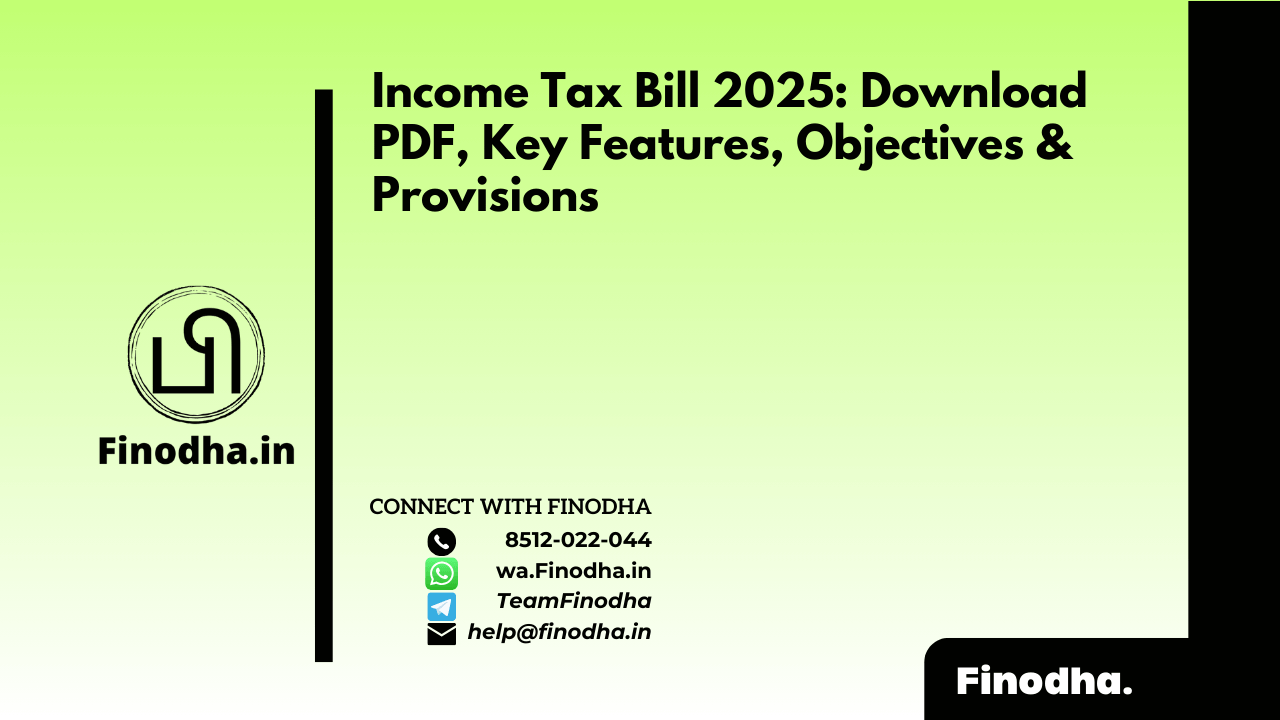Important Keyword: Income Tax Department, Non-filing of ITR, Commodity transactions’ tax, Income Tax Return, E-Verify, Income Tax Compliance, Speculative Income.
Table of Contents
Income Tax Department
In today’s digital age, taxpayers must be vigilant about communications from the Income Tax Department (ITD). It’s not uncommon to receive notifications via SMS, phone calls, or email, particularly concerning commodity transactions. These notifications often signal the need for verification in one’s Income Tax Returns (ITRs).
Let’s delve into the three primary reasons why taxpayers might receive such notifications:
- Non-filing of Income Tax Return: If a taxpayer hasn’t filed their ITR, especially in assessment years where there may be pending tax liabilities, they’re likely to receive reminders from the Income Tax Department.
- Discrepancies in Information: Sometimes, the details provided by the taxpayer do not align with the information the ITD has on record for a specific assessment year. This could trigger a verification process.
- Unusual Transactions: Significant transactions during a financial year that deviate from the taxpayer’s usual profile may be flagged by the Income Tax Department for further scrutiny.
When it comes to commodity transactions, it’s crucial to understand the nuances, especially regarding taxation. Similar to securities transactions, commodity transactions that don’t result in actual delivery are categorized as speculative transactions. While speculative transactions are generally exempt from tax, there are exceptions, such as trading in commodity derivatives subject to commodities transaction tax.
Income from commodity transactions can fall under two main categories for taxation: business income under sections 28 to 43C and capital gains under sections 45 to 55A. Understanding which section applies to your transactions is essential for accurate tax reporting.
If you receive a verification issue related to the computation of your commodity transactions’ tax liability, it’s important to respond promptly. This response must be submitted online through the compliance portal, ensuring that any discrepancies are addressed in a timely manner.
Navigating the complexities of commodity transactions and taxation can seem daunting, but with the right knowledge and adherence to compliance procedures, taxpayers can ensure their tax affairs are in order and avoid potential penalties or complications.
Verification issue in the computation of Commodity transactions’ tax liability
| Code | Description | Response |
| A1 | Total receipts as per taxpayer pertaining to the above information | Amount |
| A2 | Less: Amount relating to another year/PAN | PAN year-wise list |
| A3 | Less: Amount covered in other information | Amount |
| A4 | Less: Exemption/Deduction/Expenditure/ Set off of Loss | Exemption/Deduction wise list |
| A5 | Income/Gains/Loss (A1-A2-A3-A4) | Computed |
Section A1: Total Receipts
When computing your total receipts from commodity transactions, it’s essential to encompass the gross value of all transactions. This includes aggregating the value of every transaction undertaken, resulting in a final amount that encapsulates the total of your commodity dealings.
Section A2: Amount Relating to Other Year or PAN
In the scenario where a portion of the receipts pertains to another individual’s PAN or is attributable to a different assessment year, it is imperative to delineate such instances. This involves providing a comprehensive list detailing the specifics of these receipts. By adhering to this protocol, any amounts associated with alternative PANs or distinct assessment years are accurately accounted for, ensuring compliance with regulatory requirements.

Section A3: Rectifying Duplicate Entries
If any amount has been mistakenly included twice in your calculations, it’s important to address this error promptly. Such instances should be clearly noted in the Remarks section of the previous table. By doing so, the duplicated income, gains, or losses can be effectively nullified, ensuring accurate financial reporting.
Section A4: Exemptions, Deductions, Expenditures, and Loss Set Off
This section encompasses various aspects related to exemptions, deductions, expenditures, and the set-off of losses. Taxpayers are required to include their gross salary and list all available allowances eligible for exemption. To ensure accurate reporting, taxpayers must select the appropriate category from the provided drop-down list, including:
- Cost of acquisition under section 48.
- Expenditure incurred wholly and exclusively in connection with transfer under section 48.
- Deductions from capital gains under sections 54EC, 54EE, or 54F.
- Set off of Loss.
- Others.
By selecting the correct category and providing comprehensive details, taxpayers can adhere to regulatory requirements and optimize their tax liabilities.
The details are to be submitted as per the table mentioned below:

Section A5: Income, Gain, Loss
This section involves the self-computation of income, gains, or losses from commodity transactions subject to taxation. The formula for calculating A5 is as follows: A5 = (A1 – (A2 + A3 + A4)).
It’s crucial to note that if your computed income exceeds the minimum threshold of 2.5 lakh rupees, you are required to file your Income Tax Return (ITR). By accurately determining and reporting these figures, taxpayers fulfill their tax obligations and ensure compliance with regulatory standards.
In conclusion, staying informed about the tax implications of commodity transactions and promptly addressing any verification issues raised by the Income Tax Department can help taxpayers maintain compliance and peace of mind in their financial dealings.
Read More: Submit feedback on e-Compliance Portal
Web Stories: Submit feedback on e-Compliance Portal
Official Income Tax Return filing website: https://incometaxindia.gov.in/




